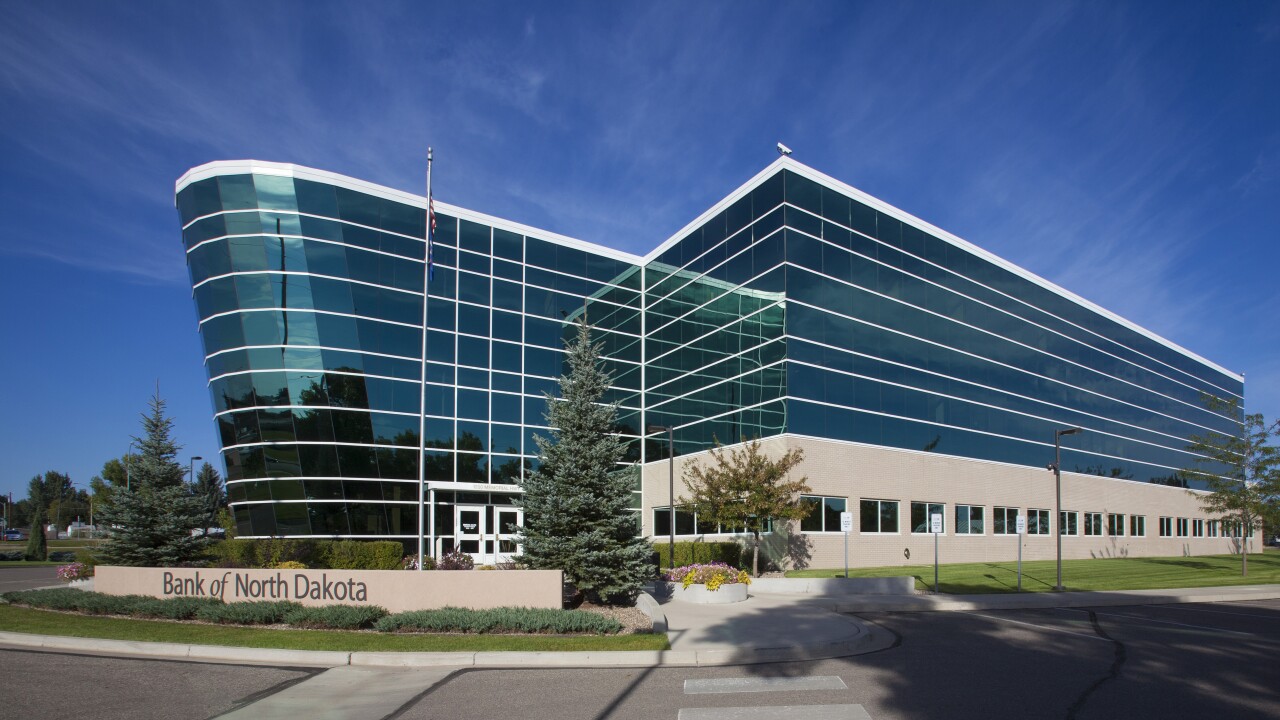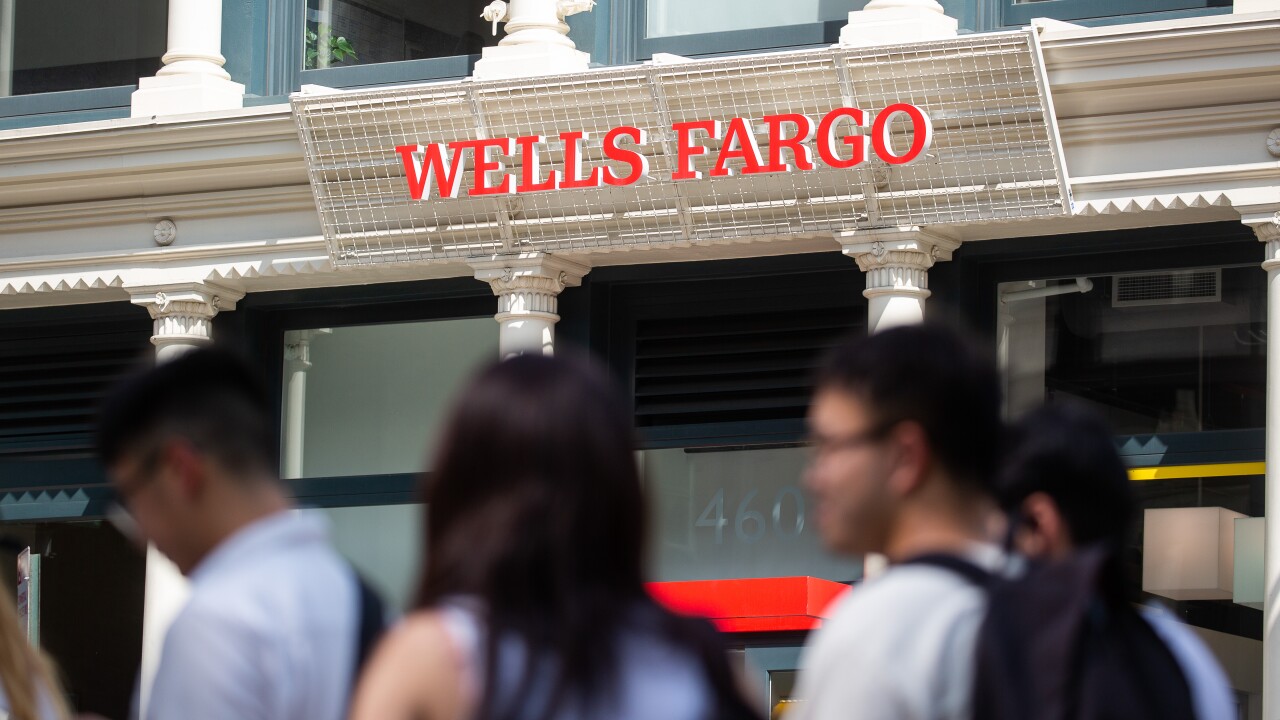While cash back remains a popular reward, consumers would like to see a rewards card in which they would have a choice to establish a program they consider most relevant.
"We’ve tackled rewards preferences from a variety of angles over the past year, and we increasingly see cardholders express a desire for choice," Jaclyn Holmes, senior manager of payments insights for Auriemma Consulting Group.
Auriemma conducted a web-based survey of 800 adult cardholders in the U.S. during December of 2016 to determine rewards card preferences and provide issuers with data to consider for better positioning those cards not currently at top-of-wallet for consumers.

Nearly 70% of respondents said they would accept an offer from a credit card issuer that gave them the option to select from which categories they could earn rewards. Millennials were even more enthusiastic, with 75% expressing an interest in such an offer, according to the Auriemma study.
"We know not all cardholders are the same, and therefore shouldn’t be treated the same," Holmes said. "Some gravitate towards co-brand cards, willing to save over a longer period of time for sizeable redemption, while others tend to look for everyday savings in their wallet."
Offering a program that allows customers to choose their rewards categories holds appeal for a large cross-section of consumers, Holmes added. "I don’t believe any programs currently offer an open-ended rewards selection, beyond selecting rotating quarterly rewards."
Card issuers should find that feedback valuable when deploying digital and mobile technology to enhance plastic card features.
Some aspects of the relationship between consumers and their rewards cards have not wavered much — 81% say they own such a card and the majority, at 58%, prefer cash back as a main feature. Just more than half of consumers said they have more than one rewards card in their wallet, while 92% indicated they use a rewards card most frequently.
Still, 32% of rewards cardholders said they don't hold a card that offers rewards in their preferred categories. They cited the top reason, at 43%, as having too many cards already to add another, though 21% said it was because they had not been offered that type of card.
It is not surprising that cash-back features remain popular with cardholders, but the high average monthly spend on cash-back cards is surprising, Holmes said.
Average monthly spend on all cash-back rewards cards combined in a wallet was $1,452, not far behind the highest average for airline/frequent flier rewards cards at $1,725.
"Spend on airline is almost always high due to the nature of those purchases and flight redemption, but cash-back spend seems particularly strong," she added. "This may be a testament to the recent enriching of cash-back rewards programs and something we will be keeping our eye on moving forward."
In addition to a growing interest in being able to choose a rewards program for a card, consumers are also expressing a desire to redeem card rewards at the point of sale, Holmes said. "This is already an option for some cards programs, but I would expect it to become more an expectation and norm over time."
Consumers on occasion transfer their rewards points to another program, with 38% of those who have done so citing the need to supplement points for a specific redemption offer.
This should alert issuers that by offering the option to roll over or transfer points, they can increase cardholder spend and loyalty, while possibly giving a secondary card in a wallet a boost in usage, the report noted.
Nearly 50% of rewards cardholders said they keep an infrequently used account open in case they need additional credit, while 34% said they fear that canceling a card could negatively affect their credit score. But 22% said they keep the account open in hopes that the issuer or co-brand partner will make favorable changes to the rewards program.





